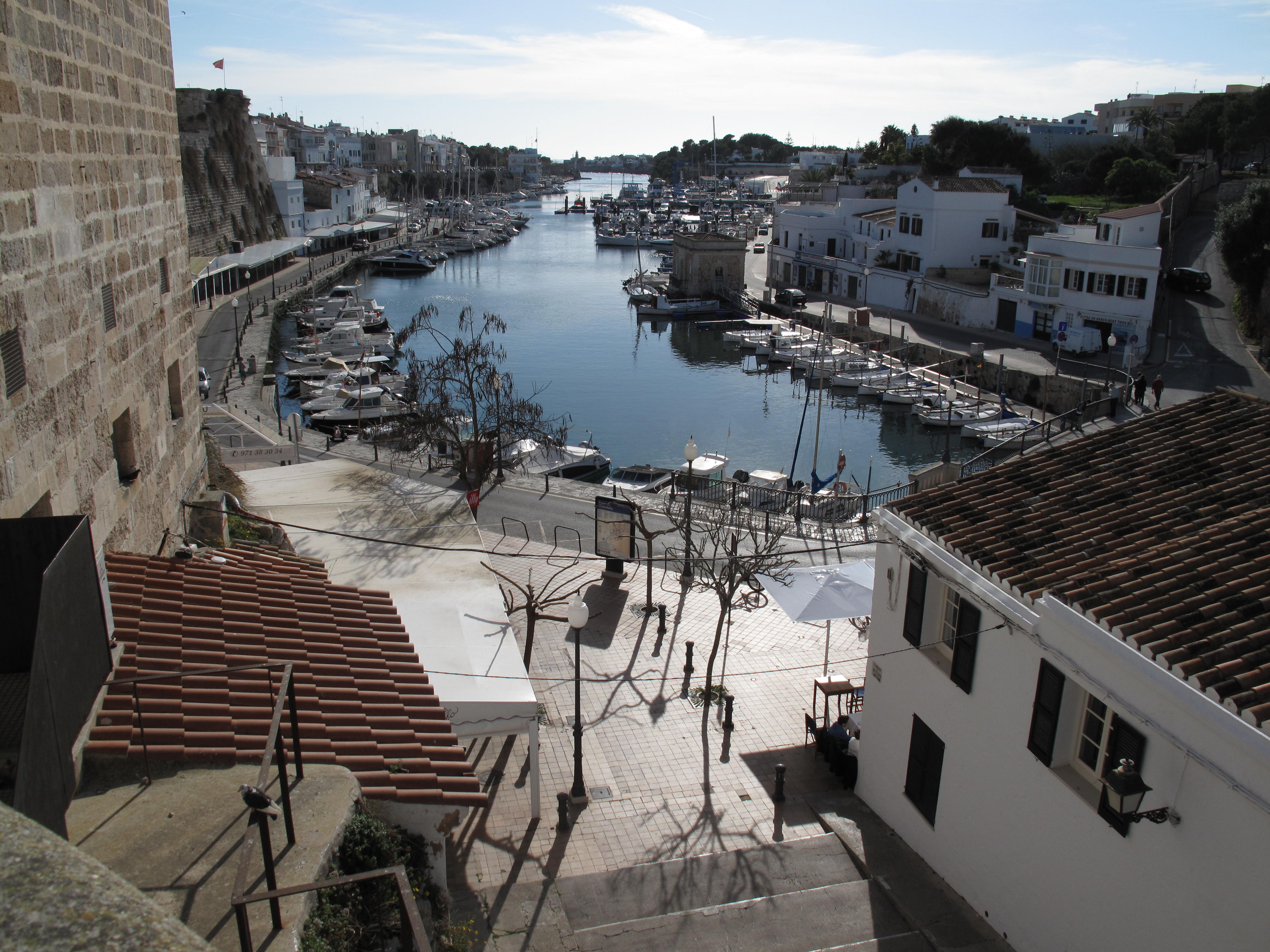Travel industry fury as latest ‘traffic light’ changes put Balearics back on amber
‘It’s shambolic. Yesterday I had my happy face on, today it’s my stressed face’ – travel agent Linda Hill

Travel industry figures have reacted with fury after Spain’s Balearic Islands were downgraded to the UK’s “amber list”.
Just two weeks after Mallorca, Ibiza and Menorca gained quarantine-free status for returning holidaymakers, the transport secretary, Grant Shapps, has moved the islands back to amber.
From 4am on Monday 19 July, travellers from the Spanish islands arriving in the UK will need to self-isolate – unless they have completed a course of NHS vaccinations.
Tim Alderslade, chief executive of Airlines UK – representing British-registered carriers, said: “Today’s announcement reinforces the belief that the current government framework for international travel is not working as it was designed to.
“While the vaccination programme is permitting a full reopening of the domestic economy, international travel between safe countries – with low infections and high vaccination rates – is still being portrayed as though it is a serious danger to public health.
“Moving countries between the tiers like this is shattering consumer trust during an already unpredictable booking season.
“It is time the government implemented a consistent and transparent travel policy, rather than the current rollercoaster ride of changes, which is condemning international travel to the status of second-class citizen.”
Miles Morgan, who runs a chain of travel agencies, warned: “Youngsters will now holiday down in Newquay where case rates are higher than the Balearics.
“UK cases will explode still further. Where is the sense in that?”
Virginia Messina, World Travel and Tourism Council senior vice president, said: “This will throw summer holidays into disarray for tens of thousands of people.
“Businesses given the lifeline of holidays to the Balearics will also be left floundering as bookings collapse and customers clamour for refunds, piling on further financial pressure.”
Because fully jabbed holidaymakers will avoid quarantine, the Balearics move is unlikely to prompt a massive homebound rush – though fares are rising for flights in the next few days.
“It’s shambolic. Yesterday I had my happy face on, today it’s my stressed face,” Ayrshire travel agent Linda Hill told BBC Radio Scotland.
“My customers went with a caveat that this could happen, but we didn’t expect it to happen inside two weeks.”
A spokesperson for Abta, the travel association, said: “The government needs to continue to capitalise on the successful vaccine rollout by expanding the green list in line with scientific evidence and reducing the need for and cost of testing, which is a significant barrier to travel for many people.”
Bulgaria and Hong Kong were moved from amber to green, while Croatia and Taiwan join the “green watchlist” from which quarantine is not currently required – but may be imposed at short notice if they move back to amber.
Cuba, Sierra Leone, Myanmar and Indonesia have been moved from amber to red, requiring hotel quarantine for 11 nights for arriving travellers.
The data analyst Tim White had forecast Indonesia’s move – as well as predicting Russia. He tweeted: “Quite astonishingly Mr Shapps again decides Russia is safe despite making up numbers, record death tallies which don’t match case numbers.”
The Department for Transport (DfT) said in a statement: “All classification changes are decided by ministers. These are informed by the latest data and analysis by the Joint Biosecurity Centre (JBC) and wider public health factors.”
Join our commenting forum
Join thought-provoking conversations, follow other Independent readers and see their replies
Comments
Bookmark popover
Removed from bookmarks